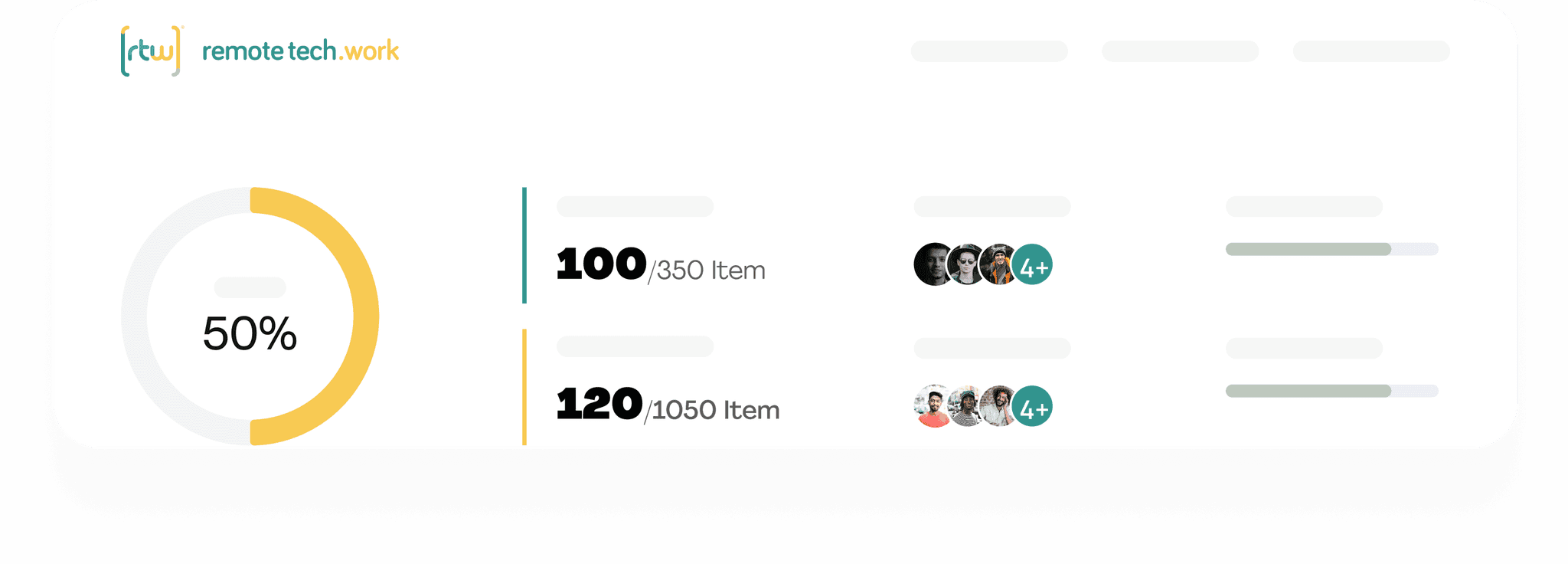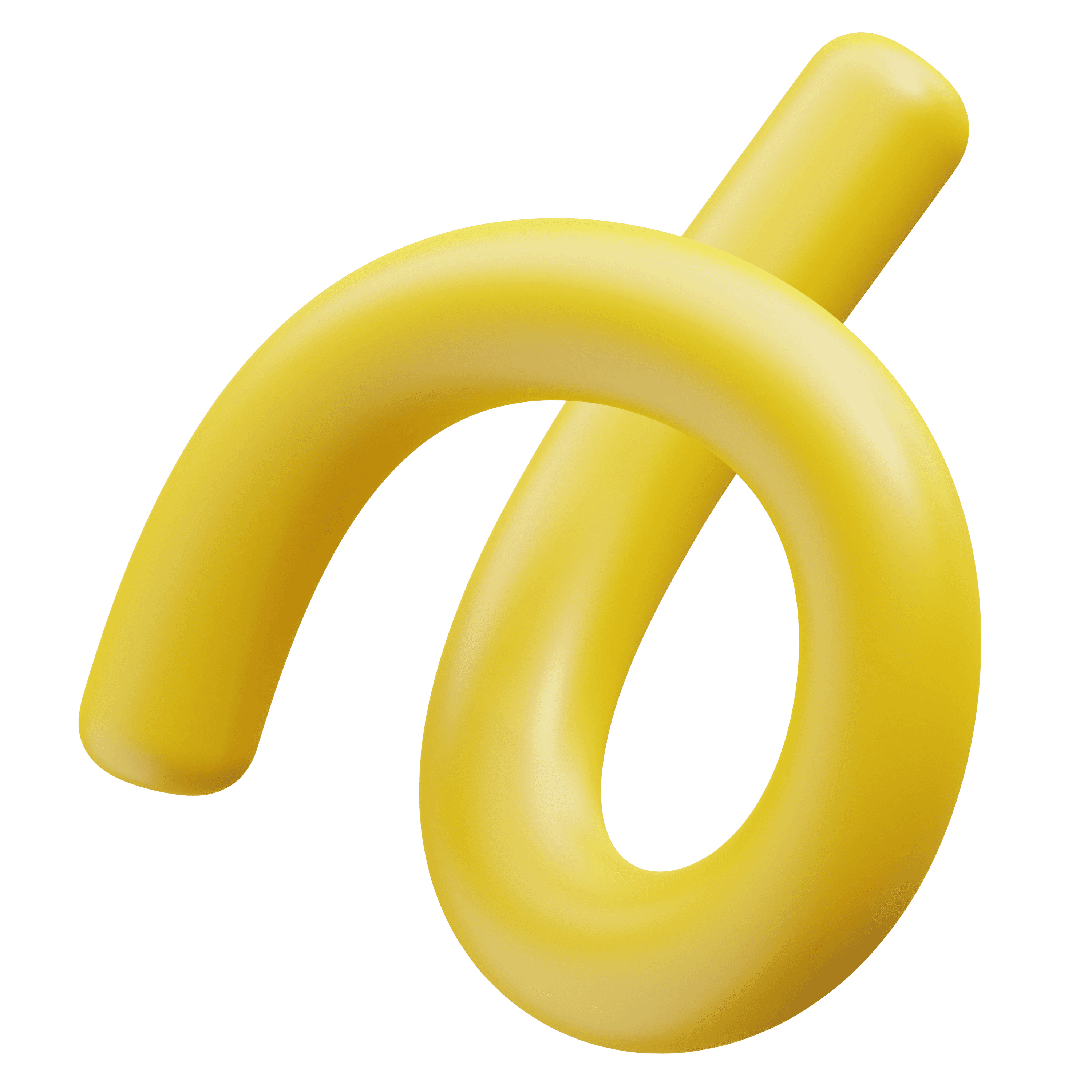DESCRIPTION
DESCRIPTION
DESCRIPTION
Power Platform is a suite of low-code/no-code tools developed by Microsoft that empowers organizations to create custom business applications, automate workflows, and analyze data without extensive coding or technical expertise. This platform consists of several key components:
Power Apps: A tool for building custom business applications quickly and easily, Power Apps enables users to create apps that can run on the web, mobile devices, and tablets. It offers a visual, drag-and-drop interface, making app development accessible to non-developers. Users can connect to various data sources and integrate with Microsoft services to design solutions that meet their unique business needs.
Power Automate: Formerly known as Microsoft Flow, Power Automate allows users to create automated workflows and streamline business processes. It can connect to over 300 data sources and services, making it possible to automate repetitive tasks, notifications, and data transfers. Power Automate integrates with various applications, including Office 365, SharePoint, and Dynamics 365.
Power BI: Power BI is a powerful data visualization and business intelligence tool that allows users to connect to data sources, create interactive reports, and gain insights from their data. It supports data transformation, modeling, and the creation of interactive dashboards and reports. Power BI can also be embedded into custom applications to provide data-driven insights.
Power Virtual Agents: This component enables users to build chatbots and virtual agents with a low-code approach. These chatbots can be deployed on websites, messaging platforms, and mobile apps to provide automated customer support and information retrieval.
Power Platform offers organizations a unified and integrated solution to address various business challenges, increase productivity, and drive digital transformation without the need for extensive software development skills. It empowers users to quickly create, automate, and analyze data, making it a valuable tool for businesses seeking to improve their operational efficiency and decision-making capabilities.
Power Platform is a suite of low-code/no-code tools developed by Microsoft that empowers organizations to create custom business applications, automate workflows, and analyze data without extensive coding or technical expertise. This platform consists of several key components:
Power Apps: A tool for building custom business applications quickly and easily, Power Apps enables users to create apps that can run on the web, mobile devices, and tablets. It offers a visual, drag-and-drop interface, making app development accessible to non-developers. Users can connect to various data sources and integrate with Microsoft services to design solutions that meet their unique business needs.
Power Automate: Formerly known as Microsoft Flow, Power Automate allows users to create automated workflows and streamline business processes. It can connect to over 300 data sources and services, making it possible to automate repetitive tasks, notifications, and data transfers. Power Automate integrates with various applications, including Office 365, SharePoint, and Dynamics 365.
Power BI: Power BI is a powerful data visualization and business intelligence tool that allows users to connect to data sources, create interactive reports, and gain insights from their data. It supports data transformation, modeling, and the creation of interactive dashboards and reports. Power BI can also be embedded into custom applications to provide data-driven insights.
Power Virtual Agents: This component enables users to build chatbots and virtual agents with a low-code approach. These chatbots can be deployed on websites, messaging platforms, and mobile apps to provide automated customer support and information retrieval.
Power Platform offers organizations a unified and integrated solution to address various business challenges, increase productivity, and drive digital transformation without the need for extensive software development skills. It empowers users to quickly create, automate, and analyze data, making it a valuable tool for businesses seeking to improve their operational efficiency and decision-making capabilities.
Recommended Skills
Recommended Skills
Recommended Skills
A Power Platform developer should possess a combination of technical and business-oriented skills to effectively build custom applications, automate workflows, and analyze data using the Power Platform suite of tools. Here's a list of key skills and knowledge areas for a Power Platform developer
Power Apps proficiency: A strong understanding of Power Apps, including the ability to design and create custom applications using the low-code/no-code features of the platform.
Power Automate: Mastery of Power Automate to create automated workflows and process automation solutions, including integrating with various data sources and services.
Power BI: Knowledge of Power BI for data analysis, visualization, and reporting, including data transformation and modeling, as well as creating interactive dashboards and reports.
Power Virtual Agents: Familiarity with Power Virtual Agents for building chatbots and virtual agents to provide automated customer support and information retrieval.
Data sources and connectors: Understanding of connecting to various data sources, such as databases, web services, and cloud platforms, and the ability to work with connectors to access and manipulate data.
Business process knowledge: A strong grasp of business processes and requirements, enabling the development of custom solutions that address specific organizational needs.
User interface design: Skills in designing user-friendly interfaces and applications that provide an optimal user experience.
Data modeling: Proficiency in data modeling to ensure data is structured and stored appropriately for analysis and reporting in Power BI.
Automation logic: Ability to design and implement complex logic for process automation and workflow development within Power Automate.
A Power Platform developer should possess a combination of technical and business-oriented skills to effectively build custom applications, automate workflows, and analyze data using the Power Platform suite of tools. Here's a list of key skills and knowledge areas for a Power Platform developer
Power Apps proficiency: A strong understanding of Power Apps, including the ability to design and create custom applications using the low-code/no-code features of the platform.
Power Automate: Mastery of Power Automate to create automated workflows and process automation solutions, including integrating with various data sources and services.
Power BI: Knowledge of Power BI for data analysis, visualization, and reporting, including data transformation and modeling, as well as creating interactive dashboards and reports.
Power Virtual Agents: Familiarity with Power Virtual Agents for building chatbots and virtual agents to provide automated customer support and information retrieval.
Data sources and connectors: Understanding of connecting to various data sources, such as databases, web services, and cloud platforms, and the ability to work with connectors to access and manipulate data.
Business process knowledge: A strong grasp of business processes and requirements, enabling the development of custom solutions that address specific organizational needs.
User interface design: Skills in designing user-friendly interfaces and applications that provide an optimal user experience.
Data modeling: Proficiency in data modeling to ensure data is structured and stored appropriately for analysis and reporting in Power BI.
Automation logic: Ability to design and implement complex logic for process automation and workflow development within Power Automate.
Our Talent Acquisition Process
Our Talent Acquisition Process
Our Talent Acquisition Process
We will walk you through our process during the days/weeks according to your agenda availability. Feedback will be present whether we move forward or not with your application. There are, in general, a challenge (60’ average each), two calls (45’ average each), and a Tech Interview for you to reach the final Offer Call.
We will walk you through our process during the days/weeks according to your agenda availability. Feedback will be present whether we move forward or not with your application. There are, in general, a challenge (60’ average each), two calls (45’ average each), and a Tech Interview for you to reach the final Offer Call.






HOW TO
GET STARTED
Sign up for our developer platform to begin working remotely
DEVELOPMENT
SOFTWARE
Remote Tech Work Ltd is a company registered in England and Wales (No.16127490).
Our address is Orion House Office 774, Bessemer Road, Welwyn Garden City, AL7 1HH. 2025
Remote Tech Work. All right reserved.
DEVELOPMENT
SOFTWARE
Remote Tech Work Ltd is a company registered in England and Wales (No.16127490).
Our address is Orion House Office 774, Bessemer Road, Welwyn Garden City, AL7 1HH. 2025
Remote Tech Work. All right reserved.
DEVELOPMENT
SOFTWARE
Remote Tech Work Ltd is a company registered in England and Wales (No.16127490).
Our address is Orion House Office 774, Bessemer Road, Welwyn Garden City, AL7 1HH. 2025
Remote Tech Work. All right reserved.
DEVELOPMENT
SOFTWARE
Remote Tech Work Ltd is a company registered in England and Wales (No.16127490).
Our address is Orion House Office 774, Bessemer Road, Welwyn Garden City, AL7 1HH. 2025
Remote Tech Work. All right reserved.
DEVELOPMENT
SOFTWARE
Remote Tech Work Ltd is a company registered in England and Wales (No.16127490).
Our address is Orion House Office 774, Bessemer Road, Welwyn Garden City, AL7 1HH. 2025
Remote Tech Work. All right reserved.

